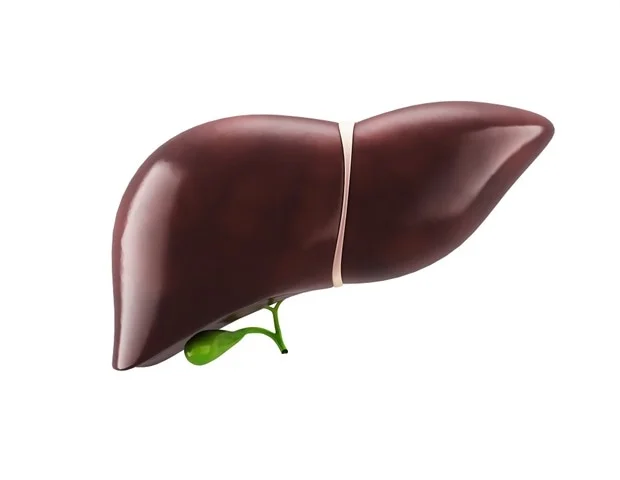New research suggests that resistant starch, a prebiotic dietary fiber, could hold the key to treating non-alcoholic fatty liver disease (NAFLD) in the future.

New research suggests that resistant starch, a prebiotic dietary fiber, could hold the key to treating non-alcoholic fatty liver disease (NAFLD) in the future. Initial findings indicate that a specialized diet incorporating resistant starch not only has a positive impact on the gut microbiome but also offers relief from the disease.
This discovery emerged from a collaborative study conducted by an international research team hailing from the “Balance of the Microverse” Cluster of Excellence at the University of Jena, the Shanghai Sixth People’s Hospital Affiliated with Shanghai Jiao Tong University School of Medicine (SSPH-SJTUSM), and the Leibniz Institute for Natural Product Research and Infection Biology (Leibniz-HKI).
Previous research has highlighted the strong connection between non-alcoholic fatty liver disease, which is not alcohol-induced, and the gut microbiome. Microbiota-directed dietary approaches are being explored as potential non-pharmacological interventions for managing NAFLD.
Against this backdrop, the research team conducted a clinical nutrition study involving patients with the disease, the results of which have been published in the latest issue of the research journal Cell Metabolism.
The study leader, Professor Gianni Panagiotou, who specializes in Microbiome Dynamics at the Cluster of Excellence “Balance of the Microverse” at the University of Jena, explained their findings: “We discovered that participants in the study benefited from a diet rich in resistant starch, as it led to a reduction in fat accumulation in the diseased liver.
Additionally, we observed an increase in specific types of gut bacteria that positively influenced fat reduction and transport in the liver. Furthermore, reduced levels of NAFLD and inflammation biomarkers indicated a mitigation of liver damage.”
Resistant starch, a type of dietary fiber, possesses a prebiotic effect within the gut. It is naturally found in foods such as bread, pasta, and legumes. Comprising indigestible fibers, resistant starch promotes the growth of beneficial gut bacteria while reducing harmful ones. This fosters a balanced gut microbiome, which has a positive impact on overall health.
The research team, led by Gianni Panagiotou, Weiping Jia, Yueqiong Ni, and Huating Li, conducted an extensive analysis of serum and fecal samples from 200 participants over a four-month period.
The study found that the presence of “Bacteroides stercoris” increased significantly with the severity of the disease. Huating Li, co-corresponding author of the study, stated, “In our study, we found that the consumption of 40 grams of resistant starch per day led to a decrease in the presence of Bacteroides stercoris in test subjects.” The researchers concluded that including “healthy” carbohydrates naturally rich in resistant starch, such as wholegrain cereals, legumes, green bananas, and starchy vegetables like potatoes in every meal, could help alleviate fatty liver.
Currently, approximately 30 percent of the global population suffers from non-alcoholic fatty liver disease, prompting the World Health Organization (WHO) to classify it as an epidemic. This metabolic disorder can exacerbate conditions like type 2 diabetes and cardiovascular diseases. However, there is currently no approved drug therapy for affected patients. To provide concrete nutritional recommendations, further and longer-term studies are needed, as emphasized by the “American Association for the Study of Liver Diseases.”
The study received support from the German Research Foundation (DFG) through the Cluster of Excellence Balance of the Microverse and the Leibniz Association.